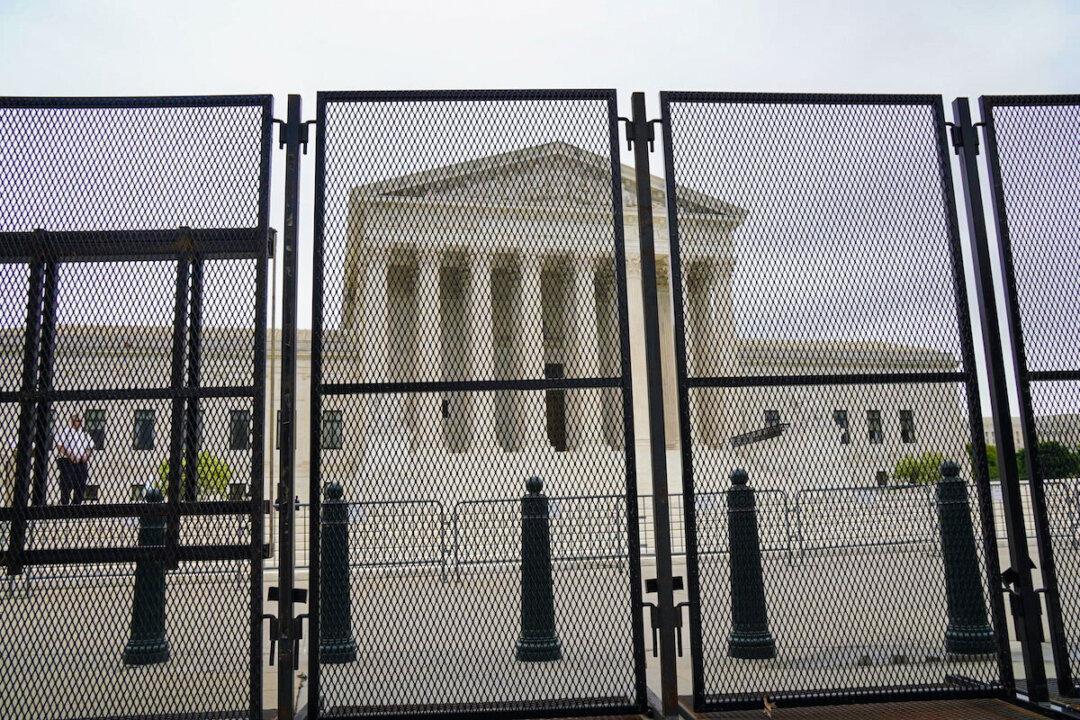The Supreme Court held in a 6–3 ruling on May 23 that federal courts reviewing inmate cases may not conduct evidentiary hearings to fully examine their ineffective-counsel claims that should have been raised in state court proceedings.
The Sixth Amendment to the U.S. Constitution guarantees a criminal defendant the right to effective assistance of counsel.





